Personalized Learning in the AI Era: Tailoring Education to Every Student

In the ever-evolving landscape of education, personalized learning has emerged as a powerful approach to address the diverse needs of students. With the advent of Artificial Intelligence (AI), we now have unprecedented opportunities to tailor educational experiences to individual learners. This article explores how AI is revolutionizing personalized learning and its impact on students, teachers, and the education system as a whole.
Understanding Personalized Learning
Personalized learning is an educational approach that aims to tailor teaching methods, curriculum, and learning environments to meet the unique needs of individual students. Unlike the traditional one-size-fits-all model, personalized learning recognizes that each student has different strengths, weaknesses, interests, and learning styles.
The Role of AI in Personalized Learning
AI technologies are transforming personalized learning by:
-
Adaptive Learning Paths: AI algorithms can analyze a student's performance and create customized learning paths that adapt in real-time based on their progress and understanding.
-
Intelligent Tutoring Systems: AI-powered tutors can provide one-on-one guidance, answering questions and offering explanations tailored to each student's level of comprehension.
-
Data-Driven Insights: By collecting and analyzing vast amounts of data on student performance, AI can provide teachers and parents with valuable insights into learning patterns and areas for improvement.
-
Content Recommendation: AI can suggest relevant learning materials, exercises, and resources based on a student's interests and learning objectives.
-
Automated Assessment: AI-driven assessment tools can provide instant feedback, allowing students to identify and correct mistakes quickly.
Benefits of AI-Powered Personalized Learning
1. Enhanced Student Engagement
By tailoring content to individual interests and learning styles, AI helps create more engaging and relevant learning experiences. This personalization can significantly increase student motivation and participation.
2. Improved Learning Outcomes
Personalized learning powered by AI can lead to better academic performance. Students can progress at their own pace, spending more time on challenging concepts and moving quickly through familiar material.
3. Increased Accessibility
AI-driven personalized learning can make quality education more accessible to students with diverse needs, including those with learning disabilities or those in remote areas.
4. Efficient Use of Time
Both students and teachers can use their time more efficiently. Students focus on areas where they need the most improvement, while teachers can dedicate more time to individual student support rather than one-size-fits-all instruction.
5. Continuous Improvement
AI systems can continuously learn and improve their personalization algorithms, leading to ever-more effective learning experiences over time.
Challenges and Considerations
While the potential of AI in personalized learning is immense, there are several challenges to consider:
-
Data Privacy: Collecting and analyzing student data raises important privacy concerns that must be addressed.
-
Digital Divide: Ensuring equal access to AI-powered learning tools across different socioeconomic groups remains a significant challenge.
-
Teacher Training: Educators need proper training to effectively integrate AI-powered personalized learning tools into their teaching practices.
-
Balancing Technology and Human Interaction: It's crucial to maintain a healthy balance between AI-driven learning and valuable human interaction in education.
-
Ethical Considerations: As AI systems become more advanced, we must ensure they are designed and implemented ethically, without perpetuating biases or unfair advantages.
The Future of Personalized Learning with AI
As AI technologies continue to advance, we can expect even more sophisticated personalized learning experiences. Some potential developments include:
-
Emotion Recognition: AI systems that can recognize and respond to students' emotional states, providing motivational support and adapting the learning experience accordingly.
-
Virtual Reality Integration: Immersive, personalized learning experiences that combine AI with virtual reality technologies.
-
Lifelong Learning Support: AI-powered systems that support personalized learning throughout an individual's life, from early education to professional development and beyond.
Conclusion
AI-powered personalized learning represents a significant leap forward in education. By tailoring educational experiences to individual needs, interests, and learning styles, we can create more engaging, effective, and inclusive learning environments. While challenges remain, the potential benefits of this approach are immense.
As we continue to develop and refine AI technologies in education, we move closer to a future where every student has the opportunity to reach their full potential. By embracing AI-driven personalized learning and addressing its challenges thoughtfully, we can create an educational landscape that truly serves the diverse needs of all learners.
Table of Contents
- Personalized Learning in the AI Era: Tailoring Education to Every Student
- Understanding Personalized Learning
- The Role of AI in Personalized Learning
- Benefits of AI-Powered Personalized Learning
- 1. Enhanced Student Engagement
- 2. Improved Learning Outcomes
- 3. Increased Accessibility
- 4. Efficient Use of Time
- 5. Continuous Improvement
- Challenges and Considerations
- The Future of Personalized Learning with AI
- Conclusion
Related Posts
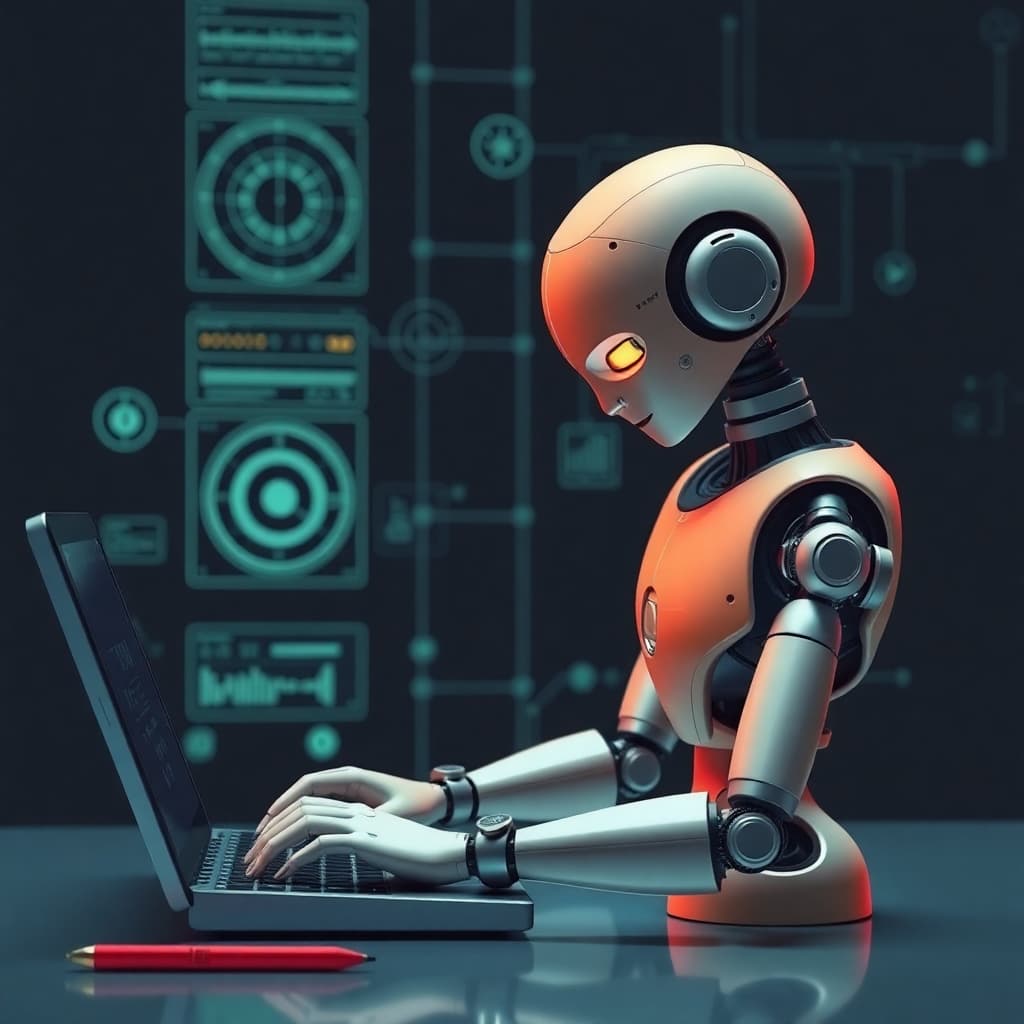
Discover how AI is transforming educational assessment, moving beyond traditional testing to provide more accurate, comprehensive, and fair evaluations of student learning.
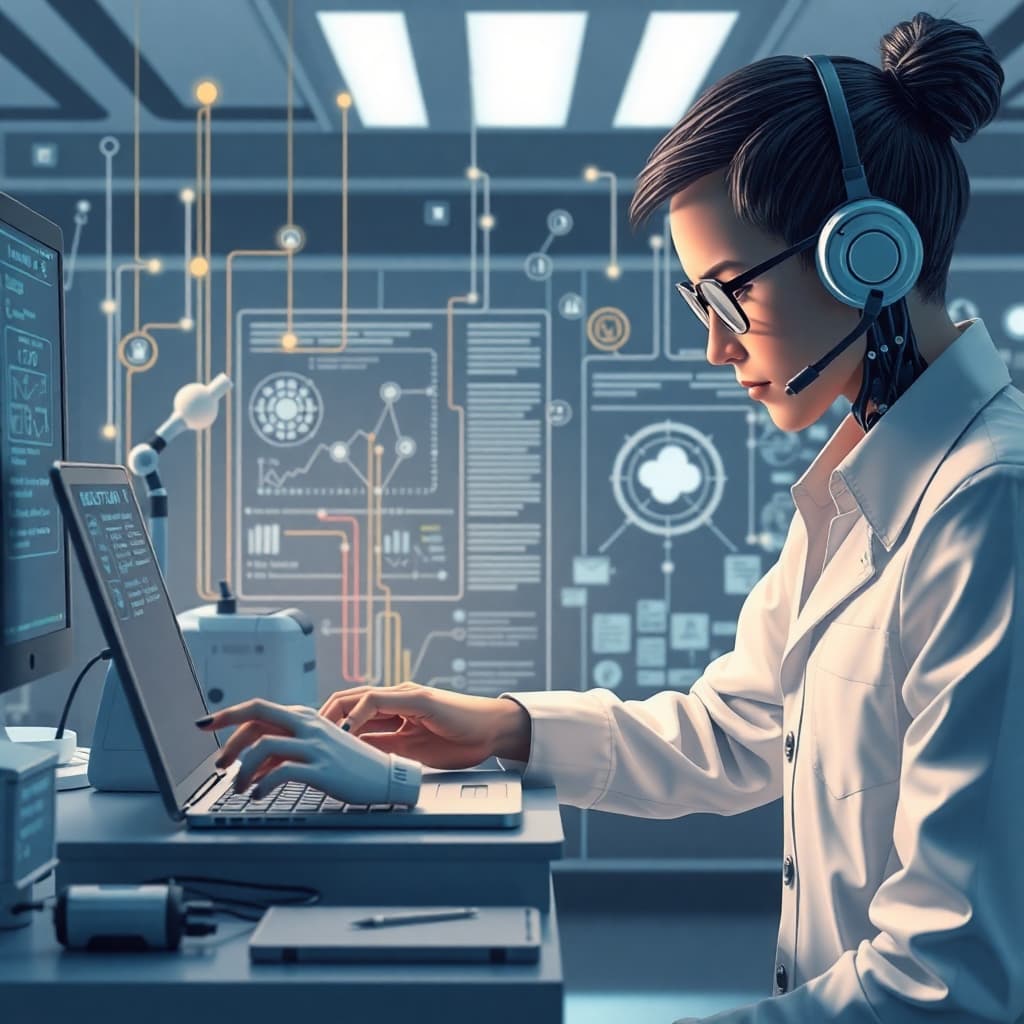
Explore how AI is enhancing collaborative learning experiences, preparing students for the future of work through innovative group projects and team-based problem-solving.
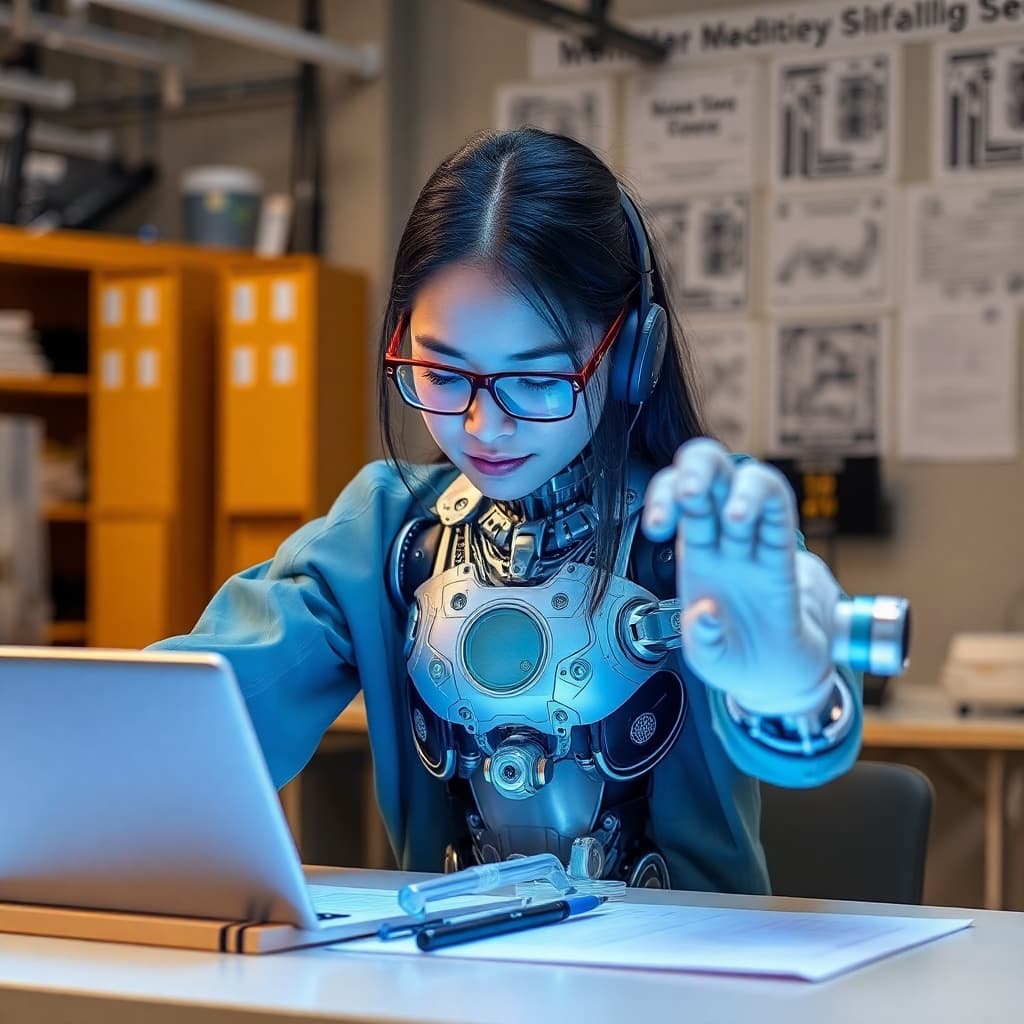
Explore how AI is being used to develop emotional intelligence in students, creating more empathetic, self-aware, and socially skilled learners for the 21st century.
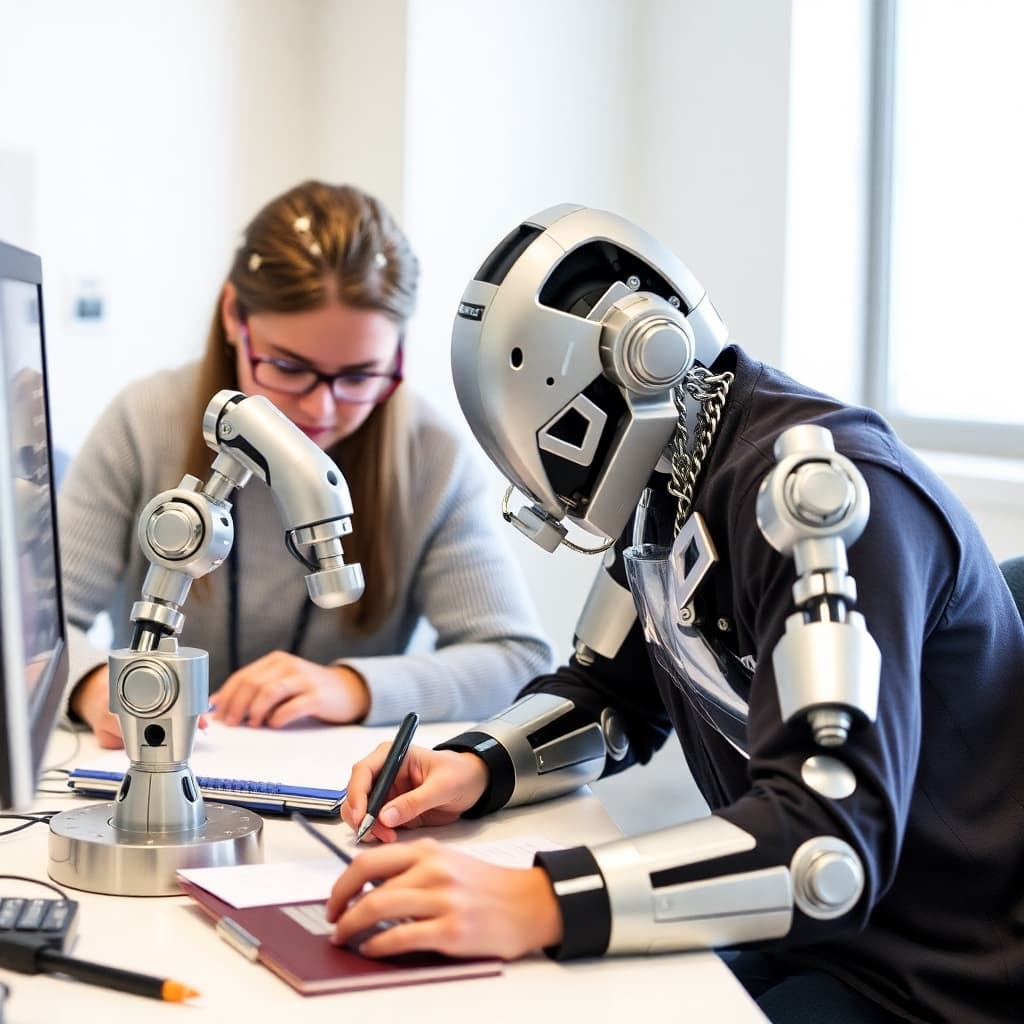
Discover how AI is breaking down barriers in education, providing personalized support for students with diverse needs and learning differences.
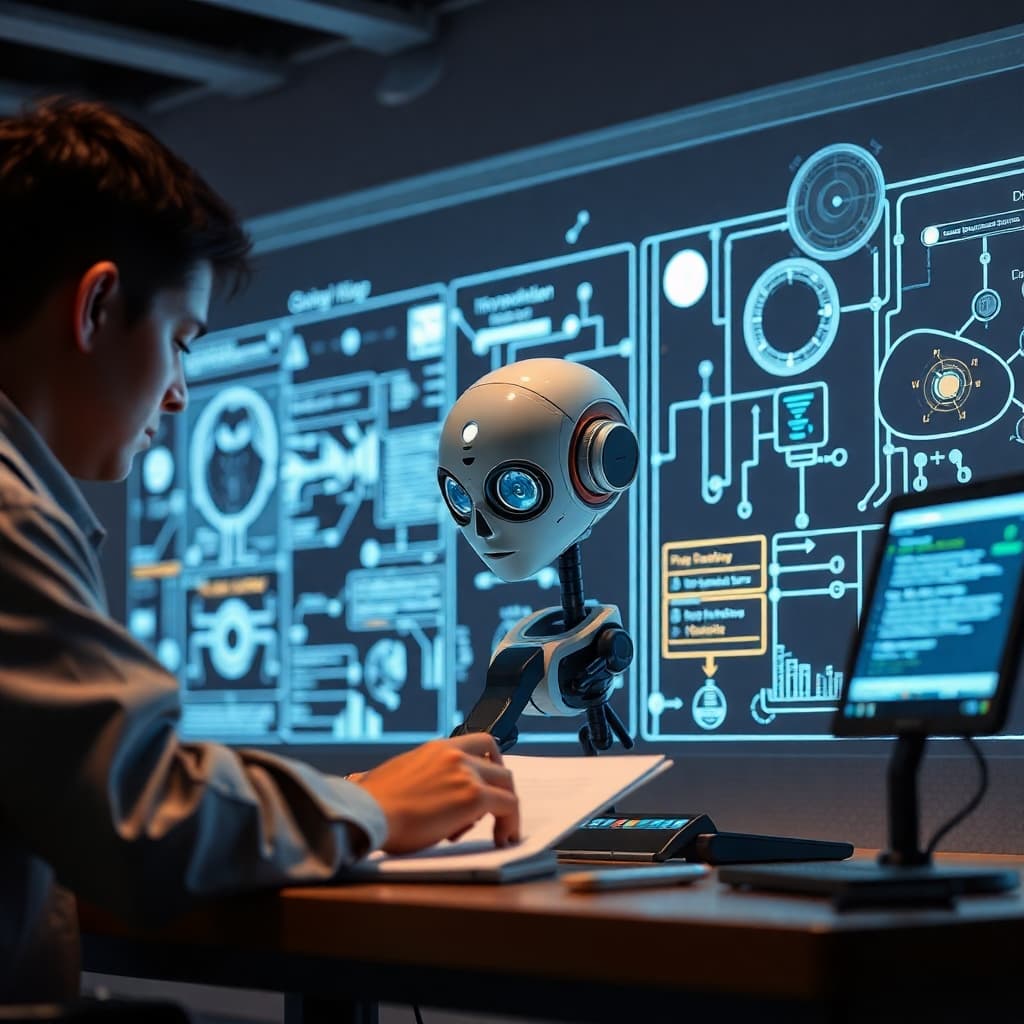
Discover how AI is transforming language education, making it more accessible, personalized, and effective for learners worldwide.

Discover how artificial intelligence is revolutionizing study methods, helping students learn more effectively and retain information longer.